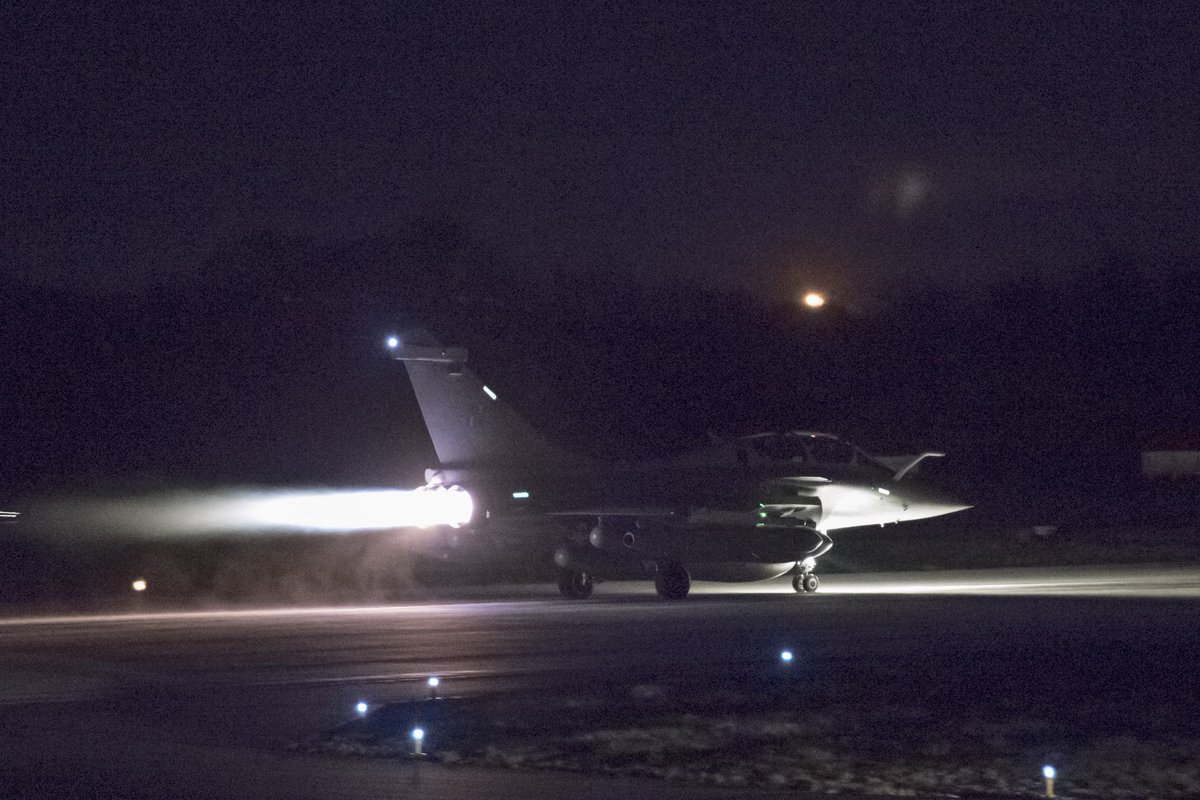A turning point in Greek military doctrine?

(BRUSSELS2) Greek Defense Minister Evangelos Venizelos announced last week that he wanted to explore a new philosophy in Greek-Turkish relations, recognizing in particular that Greece should neither expect nor prepare for an all-out war with Turkey but to short-lived military crises, likely to be diplomatically exploited later.
During a meeting with the Parliamentary Foreign Affairs Committee and Defense, Thursday in Athens, he thus considered that the violations of Turkish hunting above the Aegean Sea (or at least what Greece considers to be violations of its territory) are not “ nothing but political pressure, aimed at bringing Greece to the diplomatic negotiating table, under more difficult conditions for it ". For the Minister, if Greece was expecting a generalized war, this would mean, in fact, calling into question all international relations and its alliances (*).
A desire to relax with the neighbors. More generally, Pasok - which now governs in Greece - seems to want to trigger a new, more relaxed climate with its neighbors. This is also demonstrated by the attempt to settle, finally, definitively, the question of the name of the neighboring Republic of Macedonia, which emerged from the former Yugoslavia. Litigation which blocks the accession of this country to NATO as well as the negotiations towards accession to the EU.
A country living beyond its means. There are also very down-to-earth, very economic necessities to this geostrategic review. With 2,8% of GDP devoted to military spending, Greece has one of the highest spending rates on the continent ahead of Bulgaria (2,6%), France (2,3%), the United Kingdom (2,2. 11%) (**). And spending jumped 2007% between 2008 and 13. But the public deficit also reached a record: nearly XNUMX% according to the government. And this requires drastic measures. It therefore seems certain that certain military expenditure and, in particular, certain equipment commitments will have to be re-examined.
A policy ofshopping review. We can thus understand the caution with which the Greek Minister of Defense responded to his French counterpart, Hervé Morin, who was visiting him on Monday 23 November. France is, in fact, on the front line for several Greek equipment launched by the former government (read: Greece makes its market in France (but no Rafale?)). Regarding the frigates, Vénizélos explained his desire to continue negotiations for "as much Greek involvement as possible in the transfer of technology and the best Greek added value" In other words, better counterparties for Greece. Regarding the NH-90 helicopters and Puma, there is still a need to "search for common solutions"; for the French to solve the problems that arise on the NH90, which will allow progress to be made on the Puma. As for the purchase of fighter planes, this seems rather bad start for the Rafale.And the declarations of the minister on Turkey suggest rather that Greece wants to put a soft pedal on this type of purchase.
(*) It feels like the comment written 50 years ago and just reposted ekathimerini remains partly still true:On paper, both Greek and Turkish military units constitute half of NATO's land forces. The Turks have 20 divisions and the Greeks 12 in NATO but, in both countries, the greatest proportion of their military is concerned with domestic security and is not available to NATO. The size of the area being defended is out of proportion. Greek and Turkish forces could play a decisive role in the event of any local dispute but would not be capable of acting as a deterrent to a powerful aggressor or keep it at bay for any length of time wrote Michalis Katsigeras in... 1959!
(**) Source: NATO, 2008 expenditure

